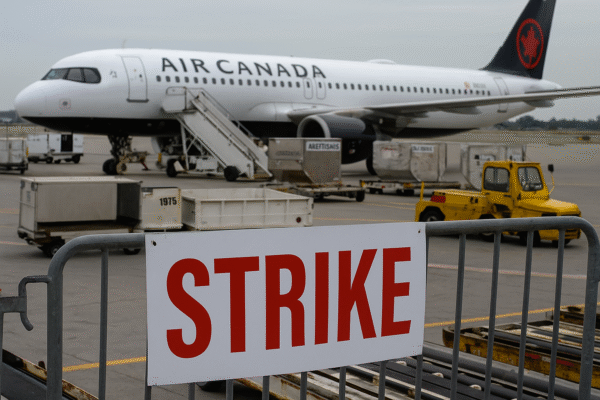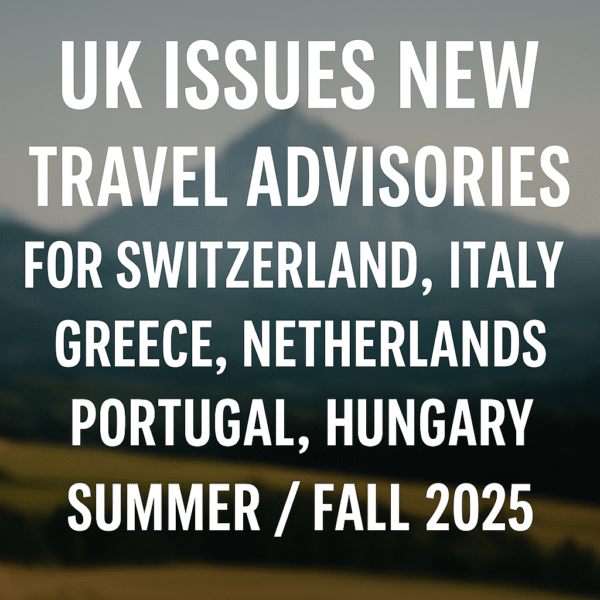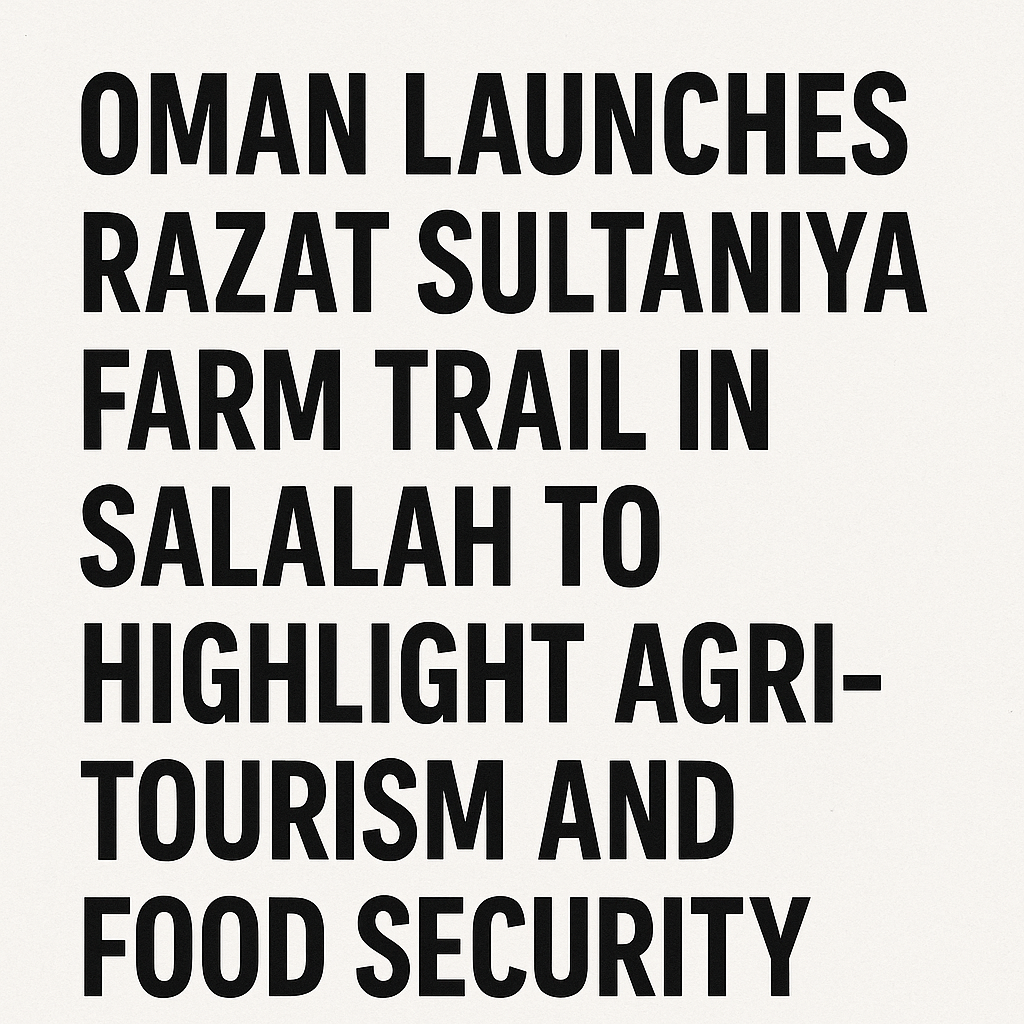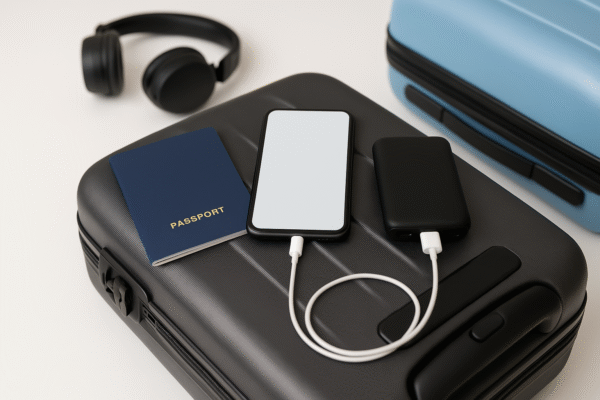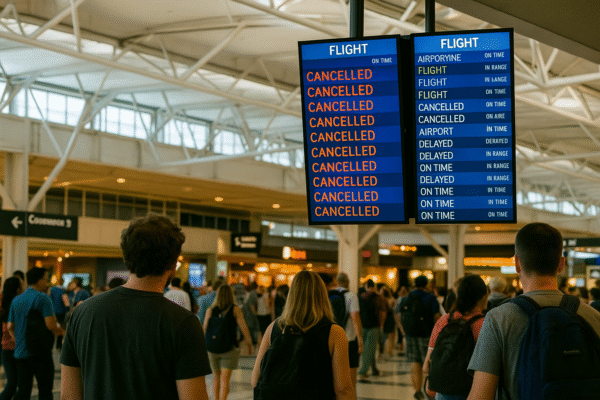Qantas Hit by Massive Cybersecurity Breach, Impacting Over 6 Million Customers
Sydney, Australia – July 2, 2025 – Australia’s flagship airline, Qantas Airways, is facing a major data security crisis after a third-party customer service platform used in its operations was compromised in a cyberattack, exposing the personal information of more than six million customers. Although Qantas’ core systems were not directly hacked, the breach has ignited national and international scrutiny over supply chain vulnerabilities in the aviation sector.
The breach, discovered on June 30, 2025, involved unauthorized access to a vendor-managed platform that supports Qantas’s customer contact operations. The airline confirmed that the exposed information includes full names, contact details, dates of birth, and Qantas Frequent Flyer numbers. While no financial details or passwords were compromised, the sensitive nature of the stolen data presents serious risks of phishing attacks, account fraud, and identity theft.
Qantas Responds to Cyber Threat
In an official statement, Qantas acknowledged the breach and confirmed it had initiated a full-scale investigation in collaboration with cybersecurity experts and relevant law enforcement agencies. “We take customer data protection very seriously and are working swiftly to understand the full scope of the breach and implement remediation steps,” a Qantas spokesperson said.
The airline has already begun reaching out to affected customers with personalized emails and is providing guidelines to safeguard accounts. Customers are being advised to monitor their accounts closely, avoid sharing credentials, and report any suspicious activity directly to Qantas customer service via verified channels.
To bolster security further, Qantas is reviewing all external vendor relationships and accelerating the rollout of enhanced data encryption and third-party auditing measures. The airline’s response is aligned with the Australian government’s growing focus on cybersecurity resilience under its 2023–2030 Cyber Security Strategy.
A Wake-Up Call for the Global Aviation Industry
This incident underscores a rapidly escalating threat to the global aviation industry—attacks not on airlines’ internal systems, but on third-party service providers that often hold large amounts of customer data. As Qantas and other major carriers integrate advanced digital tools to improve customer service and operations, their digital ecosystems have become increasingly complex—and vulnerable.
Cybersecurity analysts have warned for years that the aviation industry is a prime target for cybercriminals due to the volume of personal and behavioral data airlines manage. According to the International Air Transport Association (IATA), airlines must now invest heavily in both internal and external cybersecurity risk mitigation to address new forms of cyber intrusions, including supply chain attacks, ransomware, and data exfiltration schemes.
Loyalty Programs Under Threat
Qantas’s Frequent Flyer program—considered one of the most valuable in the Asia-Pacific region—is at particular risk. With customer records including loyalty membership numbers and travel histories, bad actors could potentially hijack accounts, manipulate rewards, or gain insights for social engineering scams.
Cybersecurity researchers from the University of New South Wales have noted that loyalty programs are a “treasure trove” for hackers. Unlike financial accounts, loyalty systems often lack multi-factor authentication, making them easier targets. As a result, Qantas may need to re-evaluate access control and authentication standards across its digital services.
Government and Regulatory Oversight
The breach has prompted renewed calls from both Australian lawmakers and international regulatory bodies to tighten digital safety measures in the aviation industry. Australia’s Office of the Australian Information Commissioner (OAIC) has been notified, and under the Privacy Act 1988, Qantas may be required to provide ongoing updates and remediation support to affected individuals.
Minister for Cyber Security Clare O’Neil addressed the incident during a press conference, stating: “While Qantas is not the first organization impacted by third-party vulnerabilities, this is a sobering reminder that national brands must build end-to-end security—internally and across their vendor network.”
Australia has faced multiple high-profile data breaches in recent years across sectors like healthcare, telecom, and banking. This has led to the federal government increasing penalties for companies that fail to adequately protect consumer data, and Qantas could potentially face regulatory reviews if systemic weaknesses are found.
Supporting Affected Customers
Qantas has signaled its intention to offer additional support measures to those impacted. While full details are still pending, the airline is considering identity monitoring services, enhanced login security features for frequent flyer accounts, and dedicated help lines to address customer concerns.
Customers are also being encouraged to change their passwords, enable two-factor authentication where possible, and exercise caution when receiving communications purporting to be from Qantas or related partners.
The Road Ahead for Qantas and Aviation Security
As Qantas works to contain the damage and restore public confidence, the broader aviation industry is taking note. This breach reinforces that cybersecurity must not be confined to internal IT operations. Airlines are now expected to embed stringent cybersecurity protocols into every partnership, especially those involving customer-facing platforms and data exchange.
Industry experts argue for mandatory cybersecurity certifications for aviation vendors, transparent incident reporting standards, and regular penetration testing for airline ecosystems.
Qantas has stated that it remains committed to full transparency and is working closely with regulatory authorities to ensure a thorough and effective response. In the weeks to come, the airline is expected to release a detailed report on its findings, planned upgrades, and customer protection strategies.
As the travel sector becomes ever more digitized, this incident serves as a critical lesson in the importance of vigilance, not only from airlines but from every entity connected to their technology supply chains.
For more travel news like this, keep reading Global Travel Wire




